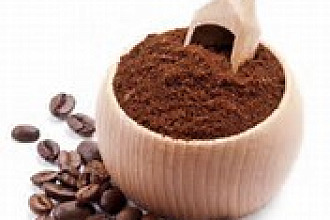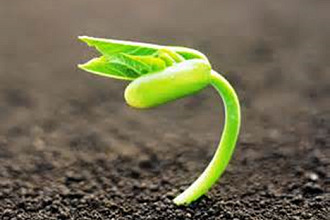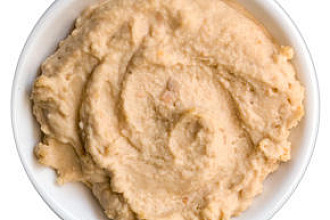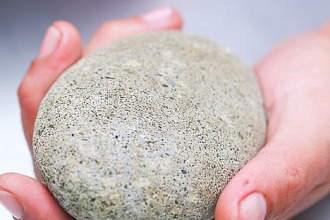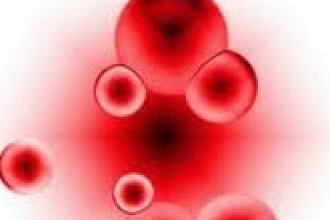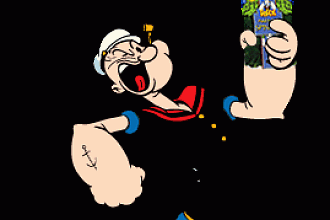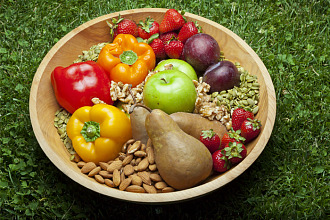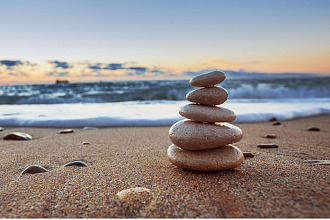We were created for action. Exercise provides greater vitality, extra energy, and a longer life. Yet, for many, the greatest exertion of the day is getting out of bed or walking from the kitchen to the garage.
We must deliberately incorporate physical activity into our lives, to prevent sedentary habits from taking over. We live in a push-button society. It wasn't too many years ago that humankind walked a great deal more, chopped wood, tended gardens for food, and worked physically for a living.
In past ages, people may have overworked their bodies, so exercise was not a major concern. Today, exercise is one of the most discussed but least practiced subjects.
When we do not exercise, or get too little of it, our bodies suffer. Inaction of any of the organs of the body will result in a decrease in organ size, less muscle strength, and sluggish circulation of the blood.
Exercise is very important for every human body. A lack of exercise greatly impairs and reduces bodily functions.
Benefits of Walking
Although it is one of the simplest exercises, walking has several surprising advantages:
- Walking uses almost all of the body's 206 bones and almost all of the body's 604 muscles.
- Almost everyone can do it without having to learn new skills.
- It does not require any expensive equipment.
- It is easy on the joints.
- The pace is easy to adjust.
- It can be done anywhere—from shopping malls to the great outdoors.
- You can get fresh air and sunshine at the same time if you are walking outside.
- Walking lends itself to socializing; make walking fun by including family, friends, or your dog.
An inactive body becomes sluggish. Only 37% of Americans regularly engage in some form of exercise, and over 72% are overweight. For exercise to be effective, it must be progressive, systematic, and habitual. Walking is an excellent form of exercise and can easily be worked into one's schedule. Regular exercise provides us with stronger hearts and lungs, increases metabolism, better digestion, sound sleep, the elimination of a multitude of physical ailments, and the needed energy to handle stress calmly.
Written by Katy Chamberlin








